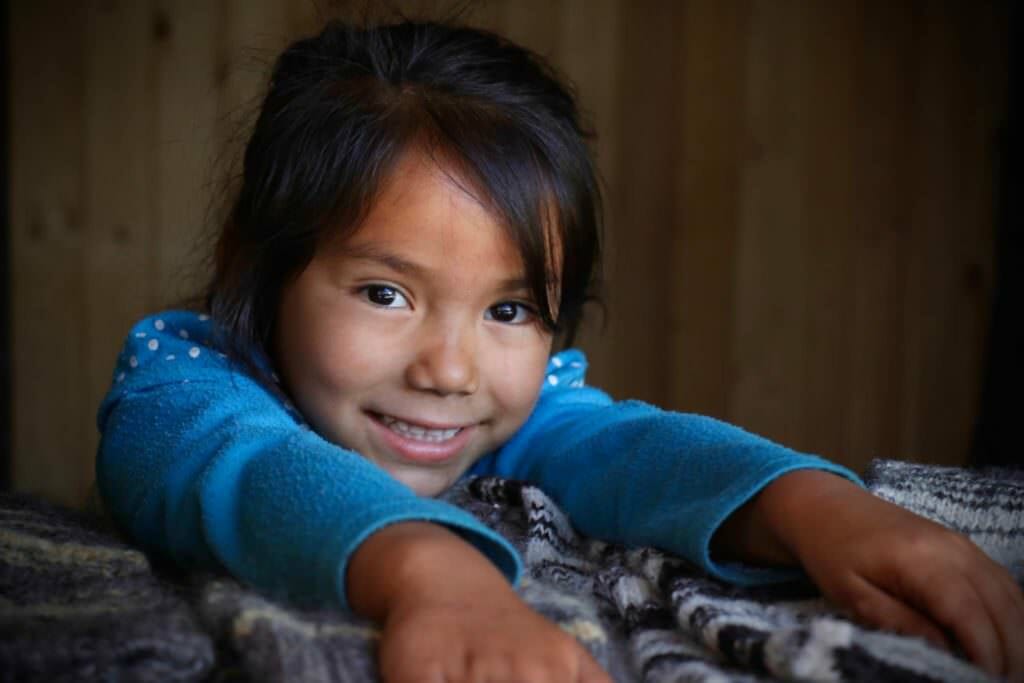What's new in child and youth mental health, behavioral health, wraparound and coordinated care?
Tune into what's new in wraparound, coordinated care and behavioral health. Here are some top stories:
1. Registration is open for the 2nd Annual National Wraparound Academy
Don't miss the 2nd Annual National Wraparound Academy from September 19 - 21 in Rockville, Maryland. Organized by the National Wraparound Implementation Center (NWIC), the Academy is designed to educate care coordinators, parent and youth partners, managers, policy-makers, family and youth leaders, researchers and evaluators alike.
Academy participants have the opportunity to learn from the field's foremost experts in Wraparound and Systems of Care.
Presenters at the National Wraparound Academy include:
- John VanDenBerg (Keynote)
- Gary Blau (Welcome)
- Eric Bruns
- Toni Donnelly
- Kimberly Estep
- Marlene Matarese
- Sheila Pires
- Janet Walker
- Michelle Zabel
2. The case for child and family teaming: study shows that support from family and friends prevents depression in teenagers
Researchers at the Department of Psychiatry at the University of Cambridge recently gathered data from nearly 800 teenagers. The team used mathematical modelling to analyze the impact that friendships and support from family members have on adolescents at age 14 and age 17. The youth in the study all experienced childhood family adversity and bullying in primary school.
"Our work really shows how important it is that children and teenagers have strong support from their family and friends, particularly if their childhood has been a difficult one," said Professor Ian Goodyer, senior author. "It also suggests a role for interventions such as helping parents in at-risk families develop their parenting and support skills or helping bullied teens build their confidence and social skills to help find and maintain friendships."
The study found that boys who were bullied were less likely than girls to develop beneficial friendships during adolescence. The research also demonstrated that supportive family and friends during early adolescence could help reduce depressive symptoms in later teenage years.


